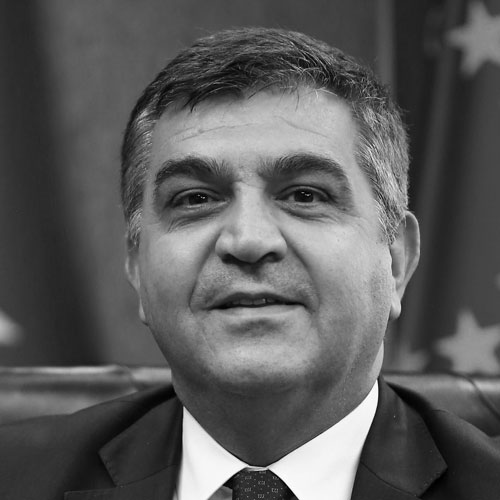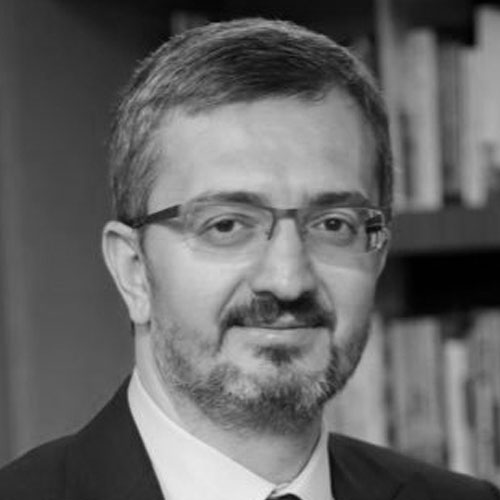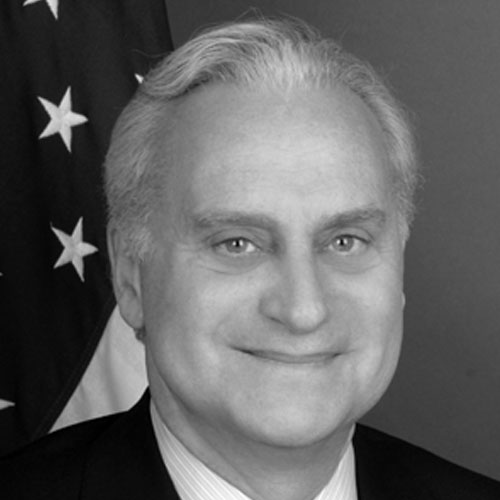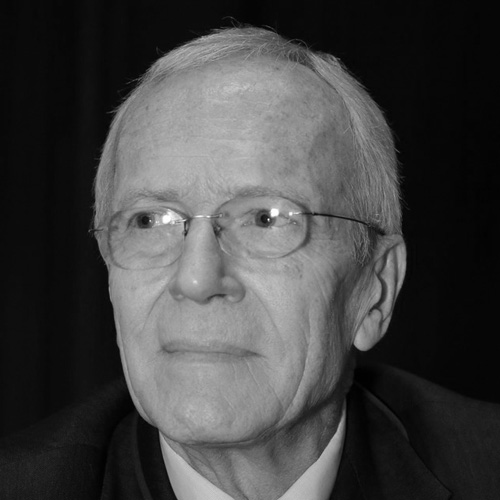The international system is in the process of a profound transformation as the US-led world order continues to be challenged by emerging powers. The unipolar moment captured by the US after the Cold War has been steadily eroding as the distribution of power across the globe has started tilting in favour of multipolarity. The epicentre of international politics has begun shifting away from the West towards the East and China and Russia in particular, who, with their growing economic and military capabilities, are contesting the core principles of the liberal world order.
Transition periods where a hegemonic power is challenged by an emerging power provide middle and regional powers with new opportunities in their foreign policy orientation as emerging regional and global power vacuums increase their manoeuvring capabilities. On the other hand, these periods also come with new challenges as aspiring regional states might become more assertive and ambitious given the reduced constraints on the international security environment.
Turkey, as a regional power, faces related challenges and opportunities. This period of change provides Turkey with advantages to diversify its diplomatic, economic and security relations and establish new partnerships. Yet, Turkey also faces security challenges in its region thanks to the increasing assertiveness of both state and non-state actors as witnessed in Syria, Libya and the East Mediterranean. Against this backdrop, this session will discuss the future of Turkish foreign policy with a specific focus on Turkey’s unique geopolitical and cultural position.
Discussion Themes
• What are the challenges and opportunities provided by this transformative period and how is Turkish foreign policy adapting to an evolving global system?
• What should be Turkey’s grand strategic priorities and interests in this period?
• How can Turkey contribute to the formation of a new global order that reflects its interests and values?
• How can Turkey expand and diversify its economic, security and political relations with other rising powers?
• How can Turkey translate its domestic material and ideational resources into effective foreign policy tools?
Discussants
• Michael Reynolds – Associate Professor of Near Eastern Studies, Princeton University
• Mustafa Fişne – Professor & Head of the Political Science and Public Administration Department, Afyon Kocatepe University
• Dorothée Schmid – Senior Research Fellow, Head of Turkey and Middle East Program, IFRI
• Kadir Üstün – Executive Director, SETA Foundation Washington D.C.
• Andreas Krieg – Lecturer, School of Security Studies, King’s College London
• Sukhrob Khojimatov – Deputy Resident Representative, UNDP
• Kristian Brakel – Country Director Turkey, Henrich Böll Stiftung
• Ali Bakır – Assistant Professor, Ibn Khaldon Center for Humanities and Social Sciences, Qatar University
• Guo Changgang – Member of the 13th Chinese People’s Political Consultative Conference, Director of Center for Turkish Studies and Dean of Graduate School, Shanghai University



